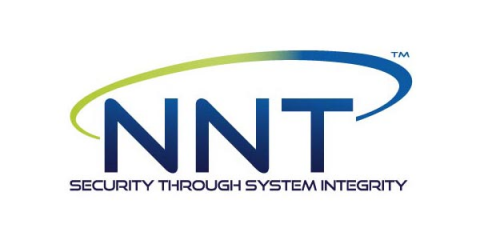Oracle and KPMG Urge the Adoption of DevSecOps in 2020 Cloud Threat Report
Oracle and KPMG recently issued their 2020 Cloud Threat Report that identifies the key security risks and challenges organizations are faced with as they implement and manage cloud solutions. The joint cloud and threat security report revealed a shift in attitudes towards cloud security, with 75% of respondents viewing the public cloud as more secure than their own data centers.


